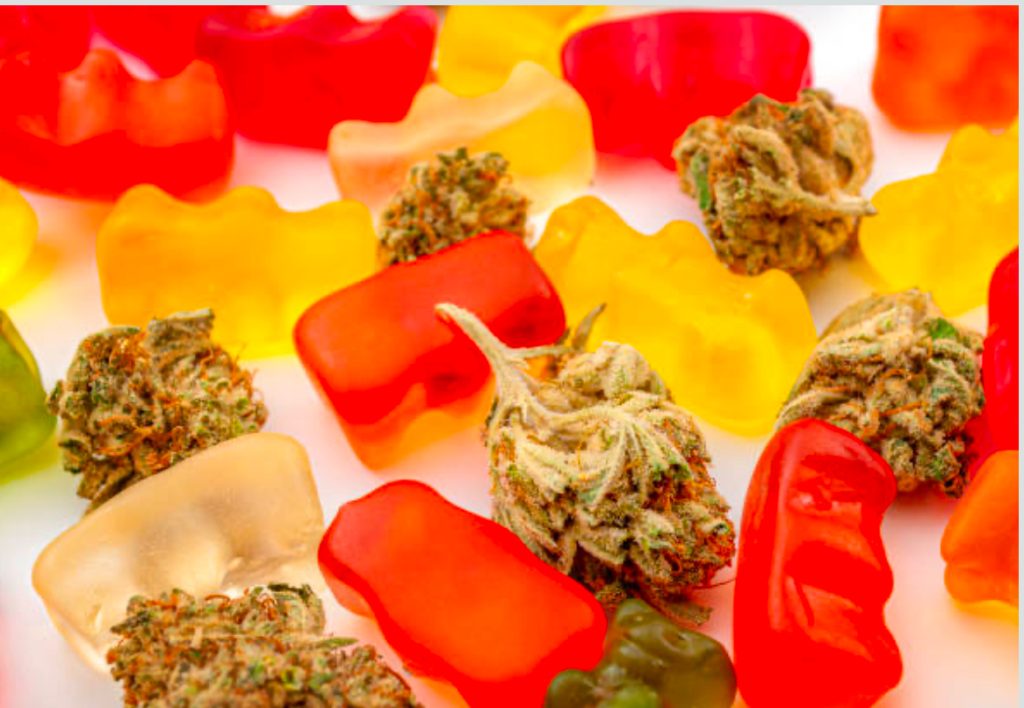Consumption of Cannabis-Infused Edibles
The increasing prevalence of marijuana-infused edibles at social gatherings presents both opportunities for enjoyment and potential risks for unsuspecting or inexperienced consumers. These treats, often disguised as common snacks like brownies, cookies, or gummies, can deliver a significantly different experience compared to traditional methods of marijuana consumption. The primary concern stems from the unpredictable nature of edibles, with their effects varying greatly from person to person due to differences in metabolism, body weight, tolerance levels, and the specific product’s potency. This unpredictability is further compounded by the delayed onset of effects, which can range from 30 minutes to several hours. This delay can lead to unintentional overconsumption as individuals, not feeling the immediate effects, may consume more than intended, leading to potentially unpleasant or even harmful consequences. Therefore, navigating social situations involving edibles requires a cautious and informed approach from both hosts and guests.
Clear communication and responsible labeling are paramount in preventing accidental consumption. Hosts offering edibles at their gatherings bear a significant responsibility to clearly identify these items, separating them from traditional snacks and beverages. Clear labeling, distinct placement, and verbal communication with guests are crucial steps in ensuring that everyone is aware of what they are consuming. Guests, in turn, should actively inquire about the ingredients of any food item they are unsure about, especially if it is a homemade treat. It is always advisable to err on the side of caution and avoid consuming any food that is not explicitly identified as non-infused. This proactive communication helps create a safer environment for everyone, respecting individual preferences and preventing unintentional exposure to marijuana.
Responsible consumption involves starting low and going slow. For individuals who choose to partake in edibles, exercising moderation is key. A small initial dose is recommended, followed by a waiting period of at least one to two hours to assess the effects. This allows individuals to gauge their personal reaction to the specific edible and avoid overconsumption. The delayed onset of effects makes patience crucial. Unlike smoking or vaping, where the effects are felt almost immediately, edibles require time for the body to process the THC. Rushing the process by consuming more before the initial dose takes effect is a common mistake that can lead to an overwhelming and unpleasant experience. Furthermore, mixing edibles with alcohol or other substances is strongly discouraged as it can intensify the effects of both, increasing the risk of adverse reactions and unpredictable outcomes.
Individual reactions to marijuana vary significantly, and this variability is even more pronounced with edibles. Factors such as individual metabolism, body weight, prior experience with marijuana, and the specific strain and potency of the edible all contribute to the intensity and duration of the effects. Those new to edibles should ideally consume them in a safe, comfortable, and familiar environment, preferably with experienced individuals present. A social gathering, with its inherent distractions and potential pressures, is not an ideal setting for a first-time experience with edibles. It’s important to remember that what might be a mild experience for one person could be overwhelming for another. Therefore, starting with a very low dose and waiting to assess the effects is crucial, especially for those with limited or no prior experience with edibles.
Recognizing the signs of overconsumption is essential for both individuals consuming edibles and those around them. While a pleasant experience with edibles can involve relaxation and euphoria, overconsumption can lead to a range of unpleasant and potentially harmful effects. These can include severe anxiety, paranoia, confusion, nausea, dizziness, rapid heart rate, and difficulty breathing. If any of these symptoms manifest, it is important to seek medical attention promptly. Staying hydrated can help mitigate some of the less severe symptoms, but professional medical assistance should be sought for any serious or concerning reactions. Friends and hosts should be vigilant in observing others and be prepared to assist anyone exhibiting signs of overconsumption.
Promoting a culture of responsibility around edibles is crucial for ensuring safe and enjoyable social gatherings. Hosts have a responsibility to inform their guests about the presence of edibles and ensure they are stored and served responsibly, preventing accidental ingestion by children or individuals who choose to abstain. Edibles should be kept out of reach of children and clearly labeled to avoid confusion. Furthermore, hosts should create an atmosphere where guests feel comfortable declining edibles without pressure or judgment. Similarly, guests should exercise caution and respect the choices of others. Peer pressure to consume edibles is never acceptable, and individuals should feel empowered to make their own informed decisions about what they choose to consume. By prioritizing open communication, responsible consumption, and awareness of potential risks, individuals can collectively contribute to a safer and more enjoyable social environment where the presence of edibles does not pose a threat to individual well-being.
Share this content:












Post Comment